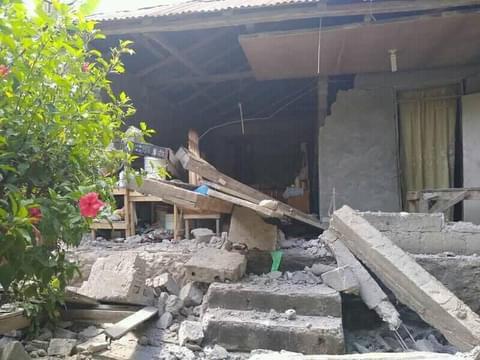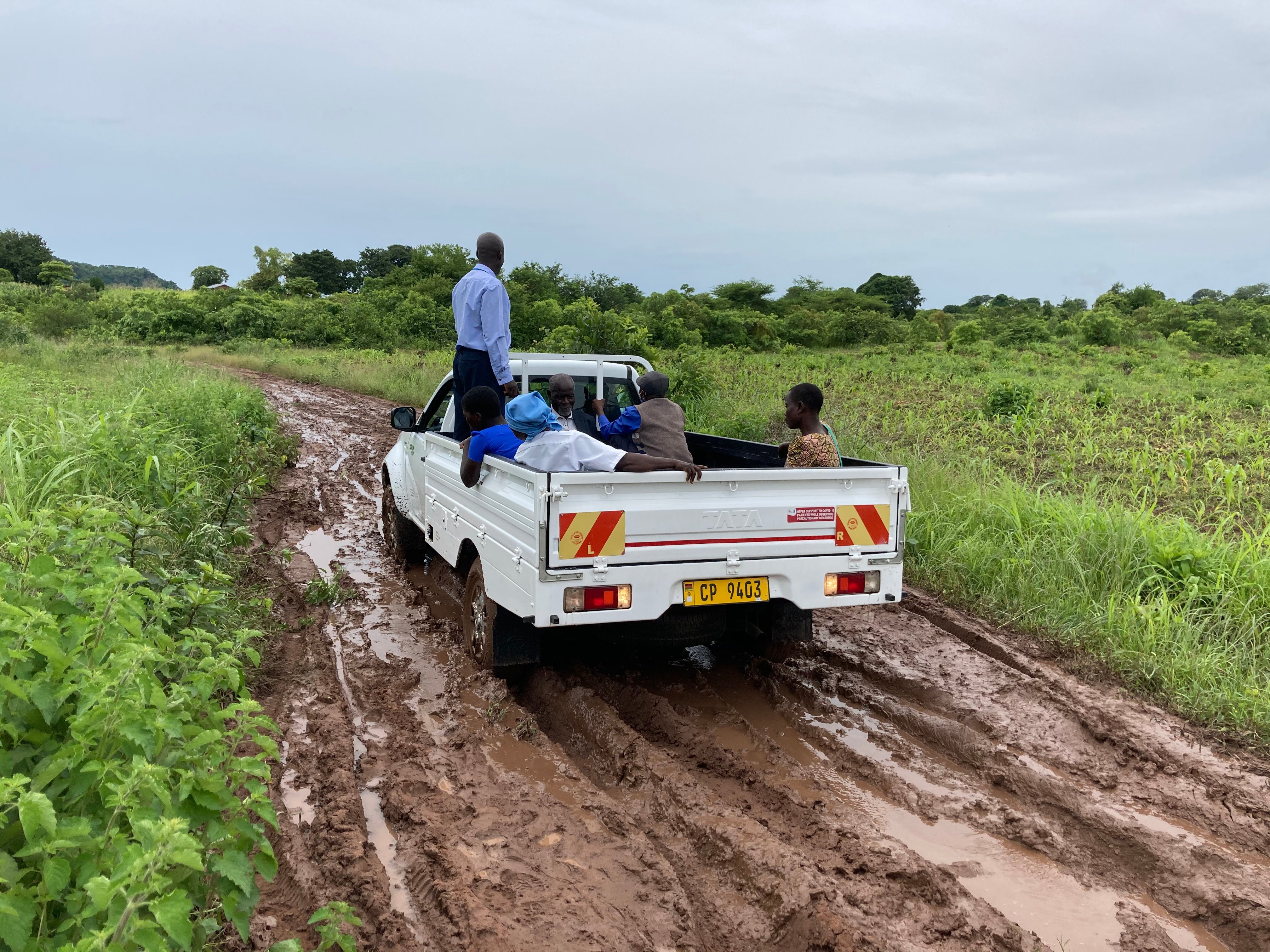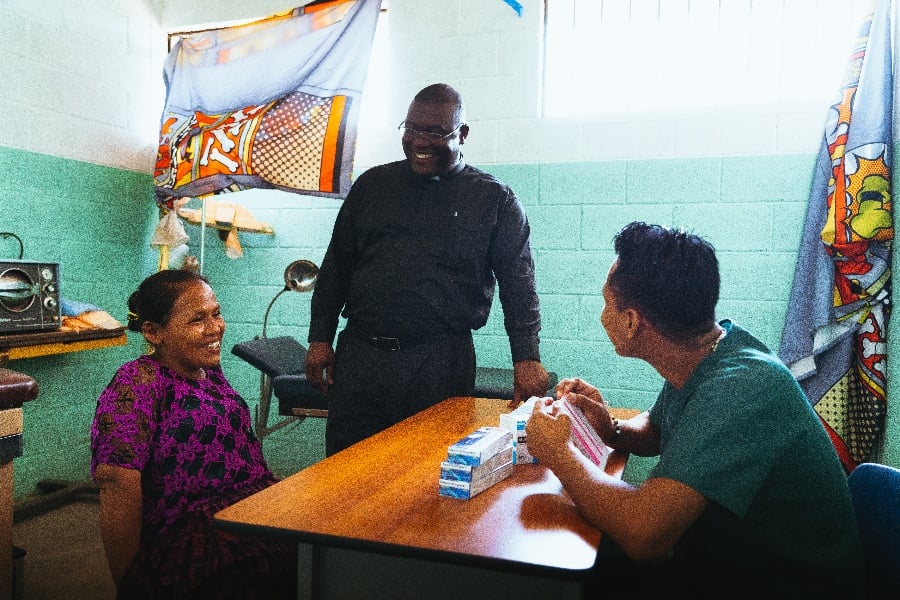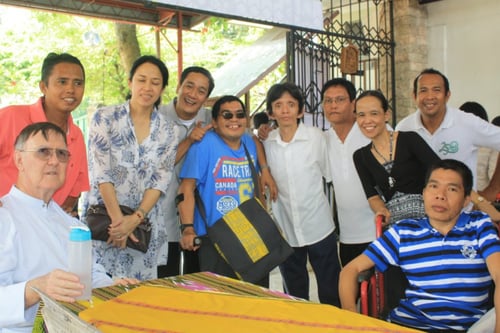
That is the question once posed to me by a deaf child in the Philippines. It might seem like a simple “yes” or “no” question that could be answered with a little theologizing, but to me the real challenge was in understanding what the child needed to learn from that question.
What exactly did he want to know?
I failed to respond to this existential question, coming from an innocent young deaf child. His inquiry challenged me to instead reflect and ask a series of my own questions:
Who is God for the deaf?
How can deaf people know God if they cannot understand the language of hearing people who speak about God?
Who will help their understanding of God when so few of us (Religious) know how to communicate in their language?
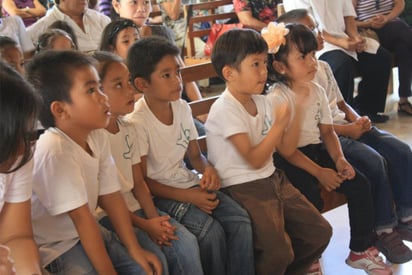
I had learned sign language during my formation years because I was assigned to an apostolate for the deaf.
At that time, my knowledge of sign language was limited to just basic communication, and I really did not have a complete mastery of signing skills.
Later I became involved with the Welcome Home Foundation, Inc. WHFI is a non-government organization that helps deaf people through offering temporary residential programs, pre-school and educational resource programs, adult education and vocational services, and even religious instructions through catechesis for elementary and high school students.
The Foundation has a special interest in “providing spiritual, educational, physical, and economic opportunities for our differently-abled brethren.”
WHFI works to address the needs of the deaf community as people strive to become self-sufficient, active, and relevant members of society who can reach their own dreams and potential.
Of course as a priest, I am involved in the religious ministry at Welcome Home Foundation, Inc. I am focused on the sacramental ministries, but likewise on the special religious education of deaf children, and the formation of deaf catechists. In this work, I often ask myself,
“How can I help a deaf child understand and believe in God?
How can I help them see God in their daily struggles of life, and grow in their faith?
How can I convey to them that God does not abandon when they are being criticized, bullied, or laughed at because of their disability?
How will I help them believe that the God of the hearing is also the God of the deaf?—and that He is indeed listening to them...”
This is a great challenge!
In this journey, I have realized that sympathy and compassion is not enough.
This is a ministry that understands and addresses the fact that deaf people also seek and deserve respect, acceptance, and equal opportunity to live in their wider community. That is the goal of my advocacy in this mission assignment.
In most missionary situations, it is helpful to have the support of lay persons in the community because they can help us put forward our message in culturally familiar terms.
Training young adults and transforming them into catechists requires a lot of patience. We don’t just hand over the job of catechesis . We must make the training and lessons relevant to their daily experiences, and we have to consistently monitor and assist them in making their lessons.
But it is so rewarding when you get to witness the Gospel values instilled in their hearts and minds, and then see them applying everything they’ve learned to the teaching of catechetical lessons in ways that the deaf children will truly understand.
I have realized some interesting and touching insights from the ways our deaf catechists relate themselves to God.
In one lesson on God’s Creation, the catechists referred to being “Created deaf, in the image of God.” They were not created broken or impaired, but were instead created with a purpose.
It brought to mind the question of the little boy who asked me if God was deaf. I think he wanted to know if God was “like him,” because he wanted to know if God understood him and accepted him.
So we must strive to incorporate this perspective into our teaching: that regardless of individual circumstances, we are each created in God’s image, and He hears us in whatever way He created us to communicate with Him.
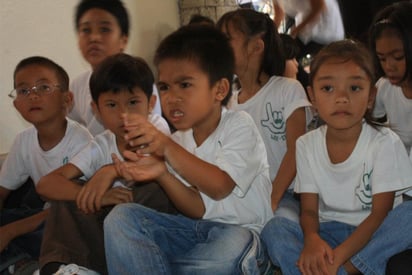
WHFI has offered a place for people with disabilities to have a place where they can gather around the table of the Lord without seeing, hearing or feeling any discrimination from the people around them.
This gives them an important and special way of expressing their faith, where all can actively participate. It is a meaningful way of celebrating the Eucharist indeed!
It gives witness to the fact that everyone has a place at the table of the Lord.
There is certainly more work to be done for the inclusion of people with limitations or special needs.
In the Church and in our communities around the world we must continually ask ourselves if we are likewise ready to journey with them in order to realize that inclusion.Your support enables us to continue our missionary efforts along those lines here in the Philippines.
May we all continue to promote the inherent wonder and value of every person, created in the image of God.
Arturo T. Arnaiz, CICM
Bacolod, Philippines
Want to help reach marginalized children in the Philippines? Our missionaries need your support today in order to continue their life-giving work!



